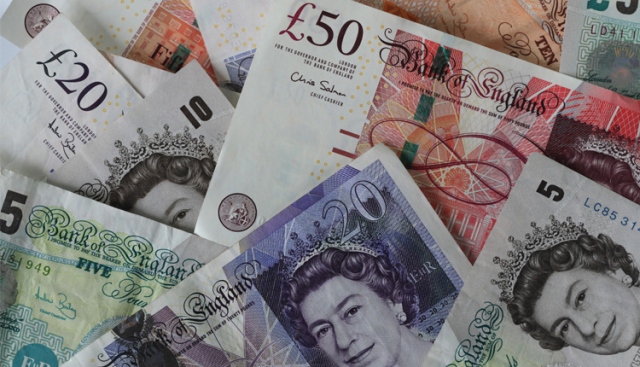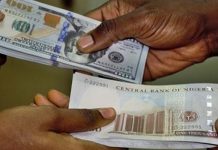Sterling climbed off two-week lows on Wednesday, helped by comments from opposition Labour finance spokesman John McDonnell that he could accept a second Brexit referendum to head off the risk of crashing out of the European Union without a deal.
Barely four months before Britain is due to leave the EU, Prime Minister Theresa May is struggling to garner support from parliament for the agreement she sealed with EU leaders on Sunday.
The possibility of a no-deal Brexit sent the pound to a two-week low on Tuesday but the currency climbed as sentiment improved slightly when McDonnell was quoted by the Guardian newspaper as saying a second Brexit referendum “might be an option we seize upon”.
The comments raise hopes the Labour party will more firmly back putting the Brexit issue to a second vote. McDonnell has so far been unenthusiastic about another referendum, although Labour has said it will act to prevent a “no-deal” Brexit.
“The market appears to be focusing on comments made by John McDonnell, suggesting a second referendum could be an option. That seems to have triggered some optimism and is helping the pound make some gains,” said Lee Hardman, a strategist at MUFG.
After opening flat to weaker against the dollar and euro, sterling traded 0.3 percent higher by 1120 GMT at $1.2782 , having earlier hit a session high of $1.2795. Against the euro, it was up 0.4 percent to 88.26 pence.
Hardman said the currency would likely struggle to make more gains without further news, adding: “I don’t think there is enough in these comments to support a rally.”
Currency traders are also assessing the government’s economic-impact report while a Bank of England analysis on Brexit’s implications will follow later in the day.
The UK government forecasts that in a scenario resembling May’s plan, Britain’s economy would be 2.1 percent smaller in 15 years than it would be if the country remained in the EU. With no deal, it would be 7.7 percent smaller in 15 years.
“The currency market is trying to figure out one thing and that’s the long-term economic outlook for the UK,” said Kallum Pickering, a senior economist at Berenberg.
“It matters what numbers the BoE or government come up with, but I wouldn’t expect a scary number to effect sterling too much.”
Prospects of a negotiated exit from the European Union have restored some calm to the currency markets.
Overnight implied volatility on the currency, a gauge of expected swings, has retreated from a post-Brexit referendum vote peak of 15.1 percent reached earlier this month.
Outright short positions on the pound have also nearly halved in recent weeks to a net short position of $3.4 billion, according to latest futures positioning data.













